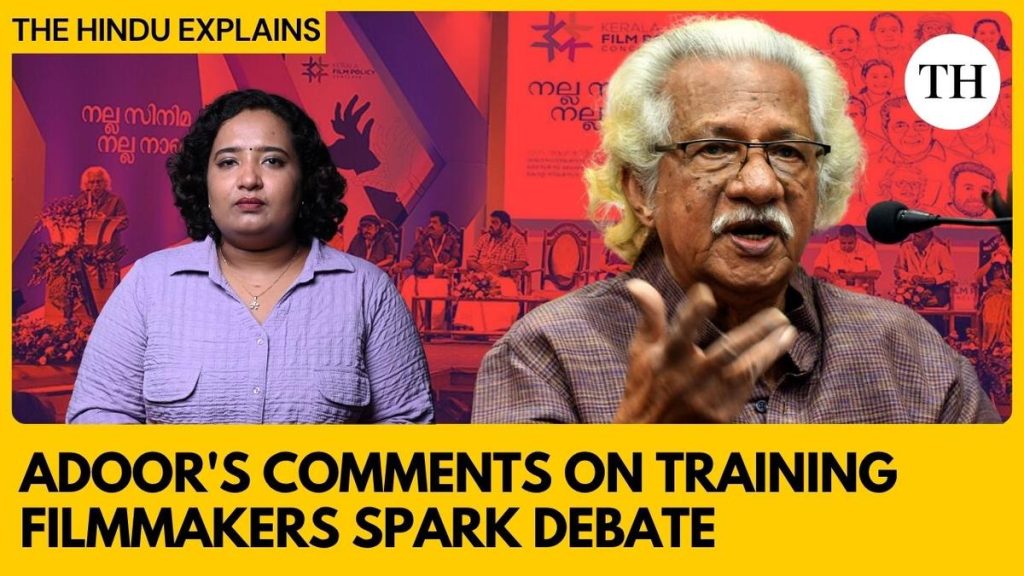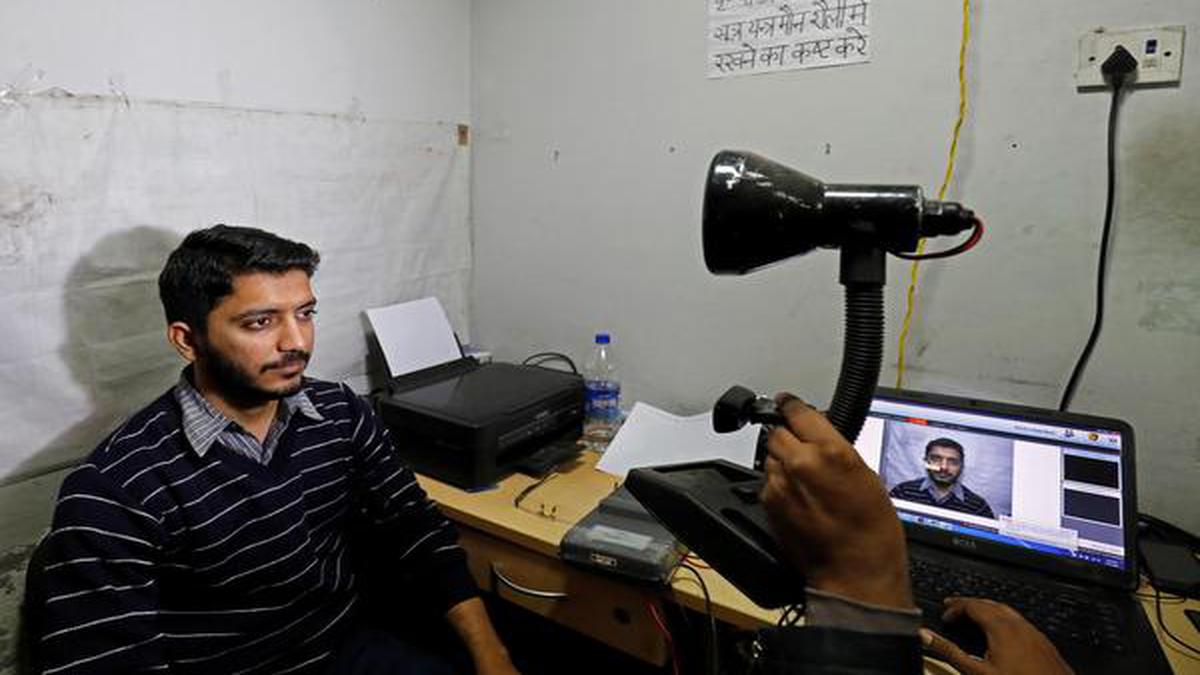Now Reading: Elon Musk and Narendra Modi: Clash Over Internet Censorship in India
-
01
Elon Musk and Narendra Modi: Clash Over Internet Censorship in India
Elon Musk and Narendra Modi: Clash Over Internet Censorship in India
Quick Summary:
- Background: social media platform X (formerly Twitter), owned by Elon Musk, filed a lawsuit in India against teh government’s content removal initiatives, claiming they suppress free speech.
- Government Actions: Since 2023, Indian authorities expanded powers to issue takedown notices through a dedicated website called sahyog. This includes thousands of police and government agencies empowered to act against online posts under broad legal provisions.
- X’s Allegations: The company argues that India’s approach is unconstitutional and targets legitimate criticism of public officials. Some takedown orders reportedly include satire and political dissent.
- Content Removal Cases: Examples include directives to remove social media posts critical of ruling politicians, news reports on stampedes at railway stations, satirical cartoons about inflation or governance issues, and misleading images involving prominent figures like Jay Shah.
- Free Speech vs law Enforcement: Government documents justify stricter measures as necessary for tackling misinformation and harmful content.Free speech advocates voice concerns regarding potential misuse to silence dissent.
- Legal Responses: Filings reveal over 1,400 removal requests between March 2024-June 2025 were made by federal/state agencies. X refused some orders while accusing authorities of censoring lawful criticism and satire.
Indian Opinion Analysis:
The case underscores a complex tension between safeguarding free speech in democratic societies like India and the need for regulatory oversight on digital platforms amidst challenges such as misinformation or sensitive cultural concerns. Expanding takedown authorities with broad discretion risks undermining legitimate critique integral to democracy while setting precedents for censorship tools globally.
India’s emphasis on accountability aligns with broader global trends where governments address harmful online behavior; however, fairness remains key in enforcement mechanisms. Balancing national security interests with the protection of press freedom-including impartial scrutiny on all sides-is crucial for maintaining public trust both domestically and internationally.
This ongoing legal clash could influence how tech companies operate not just in India but in other populous democracies navigating similar issues around internet governance.






















